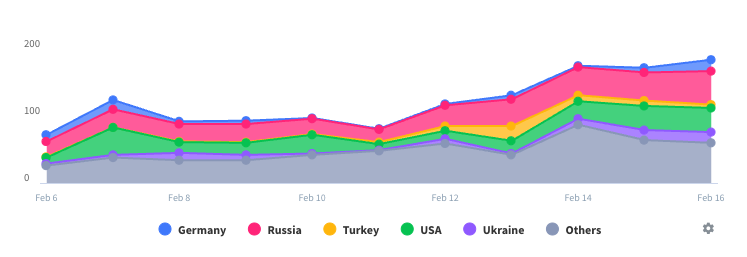Beschreibung
The Austin Assessment is a fun, simple card-matching game that screens children for cerebral visual impairment (CVI).
It works by comparing children’s performance to the normative range for their age group. It has been validated on over 900 children.
Who can use it?
The Austin Assessment for Professionals allows teachers, therapists, researchers and clinicians to:
• easily screen children for CVI-related visual issues
• email or print results
• log in to the online dashboard to view and search data
• download data as .csv file if needed for statistical analysis.
If you’re a parent or caregiver who wants to screen your child, we recommend our other app, the Austin Assessment.
The Austin Assessment is a screening tool, not a diagnostic tool. It can identify if there is a possibility a child has CVI, but you’ll need a diagnosis from a medical professional to confirm this.
Who can I screen?
The Austin Assessment has been validated on children from three age groups:
• 5 to 8 years
• 9 to 12 years
• 13 to 18 years.
We’re working to validate it on adults and younger children.
To complete a screening, the child needs to be able to:
• understand the goal of the game
• recognise individual cards
• use their finger to drag cards.
This means children with some types of cognitive, visual or motor difficulties may not be able to complete a screening.
How does the app work?
There is a multi-coloured version of the game and a single-coloured version. Children need to complete both to finish the assessment. Both versions start at a basic level and increase in complexity.
The way a child with CVI-related visual issues looks at things is different from the way a child with typical vision does. The Austin Assessment identifies these differences. They include:
• darting eye movements
• taking longer to match the cards as more cards are added
• becoming less accurate as more cards are added
• slower response times to visual stimuli.
These differences can also be found in other conditions. While a positive result from the Austin Assessment indicates the child may have visual issues due to CVI, a medical assessment is needed to confirm the diagnosis.
Your results
After completing a screening, you’ll be able to download, email or print a report that summarises the child’s results and whether CVI has been identified as a possibility.
You can also access the screening results via the online dashboard, which allows you to search and download data in .csv format.
Data privacy and storage
The data from your screenings is held securely and meets health and medical data storage privacy laws and requirements.
We may use anonymised data from your screenings to improve the Austin Assessment and help with CVI research. We collect the following information from your participants:
• age at time of assessment
• known conditions (if provided)
• assessment data including eye movement data, accuracy and time taken
We do not collect any personal identifying information, biometrics or face data. However, anonymised data may be shared with third parties for research purposes. You may withdraw your consent at any time by deleting your account using the feature provided in the app.
Origins of the Austin Assessment
The Austin Assessment was developed by Dr Nicola McDowell, who established the Austin McDowell Foundation to provide education and support for those affected by brain-based visual issues. The foundation is a not-for-profit that aims to help improve quality of life for people with CVI through research and by providing access to simple and effective screening tools. The development of the Austin Assessment app is backed by peer reviewed published research findings, focused on identifying and understanding CVI.
The Austin Assessment can be used in research, as long as the assessments are carried out correctly, in line with the terms and conditions, found on our website.
Ausblenden
Mehr anzeigen...









